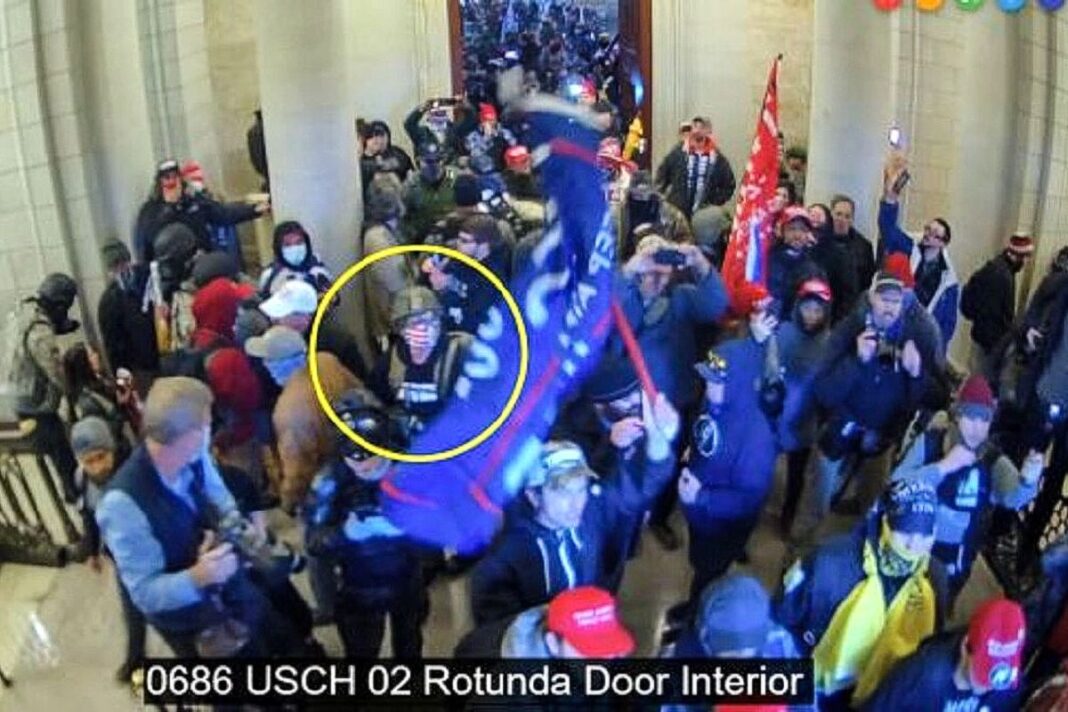He alleges that the pre-election 2024 Iowa poll, off by 16 points from the final result, was rigged, while defendants deny the claim, calling it ‘frivolous.’
President Donald Trump on June 30 dropped his federal lawsuit against the Des Moines Register, pollster Ann Selzer, and related defendants and refiled it in Iowa state court.
The new complaint renews his claims that a poll conducted and published shortly before the 2024 presidential election was intentionally misleading and designed to sway voters against him.
Trump’s legal team filed the petition in Iowa District Court for Polk County on the same day they voluntarily dismissed their federal case in the U.S. District Court for the Southern District of Iowa.
The state complaint echoes the allegations raised in Trump’s original federal lawsuit filed in December 2024, alleging violations of the Iowa Consumer Fraud Act.
Both complaints allege state law violations due to “brazen election interference” against Trump in the presidential race against then-Vice President Kamala Harris.
At the heart of the dispute is the final Des Moines Register/Mediacom Iowa Poll, conducted by Selzer & Company and published in the register on Nov. 2, 2024, just three days before Election Day. The poll showed Harris leading Trump by 47 percent to 44 percent in Iowa—a result at odds with the state’s Republican leaning and other polling at the time.
Ultimately, Trump won Iowa by roughly 13 points, leading him and his co-plaintiffs, U.S. Rep. Mariannette Miller-Meeks (R-Iowa) and former Republican state Sen. Bradley Zaun, to allege that the poll’s findings were fabricated to depress GOP voter enthusiasm and create a false sense of momentum for Harris.
In their latest state complaint, Trump’s lawyers characterize the poll as “utterly wrong and intentionally misleading,” calling it an act of “election-interfering fiction” that allegedly defies any innocent explanation or statistical margin of error.
The suit seeks damages and asks the court to bar the defendants from engaging in further allegedly deceptive practices, as well as to compel disclosure of information and data underlying the contested poll results.
Selzer, who announced her retirement shortly after the 2024 election, has defended her methods and addressed the poll’s miss in a public post-election review.
By Tom Ozimek







